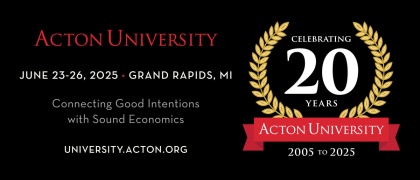 Written in 1563, the Heidelberg Catechism originated in one of the few pockets of Calvinistic faith in the Lutheran and Catholic territories of Germany. Conceived originally as a teaching instrument to promote religious unity in the Palatinate, the catechism soon became a guide for preaching as well. It is a remarkably warm-hearted and personalized confession of faith, eminently deserving of its popularity among Reformed churches to the present day.
Written in 1563, the Heidelberg Catechism originated in one of the few pockets of Calvinistic faith in the Lutheran and Catholic territories of Germany. Conceived originally as a teaching instrument to promote religious unity in the Palatinate, the catechism soon became a guide for preaching as well. It is a remarkably warm-hearted and personalized confession of faith, eminently deserving of its popularity among Reformed churches to the present day.
This year marks the 450th anniversary of the publication of the Heidelberg Catechism and has had an enormous impact on the development of the Reformed faith all over the world. Although it is most commonly associated with doctrines of comfort and assurance, the catechism also has teachings about the Christian life and God’s will for our world. Dr. Jordan J. Ballor, a research fellow at the Acton Institute, will discuss the economic teachings of the Heidelberg Catechism and the ongoing relevance of this expression of faith for today.









